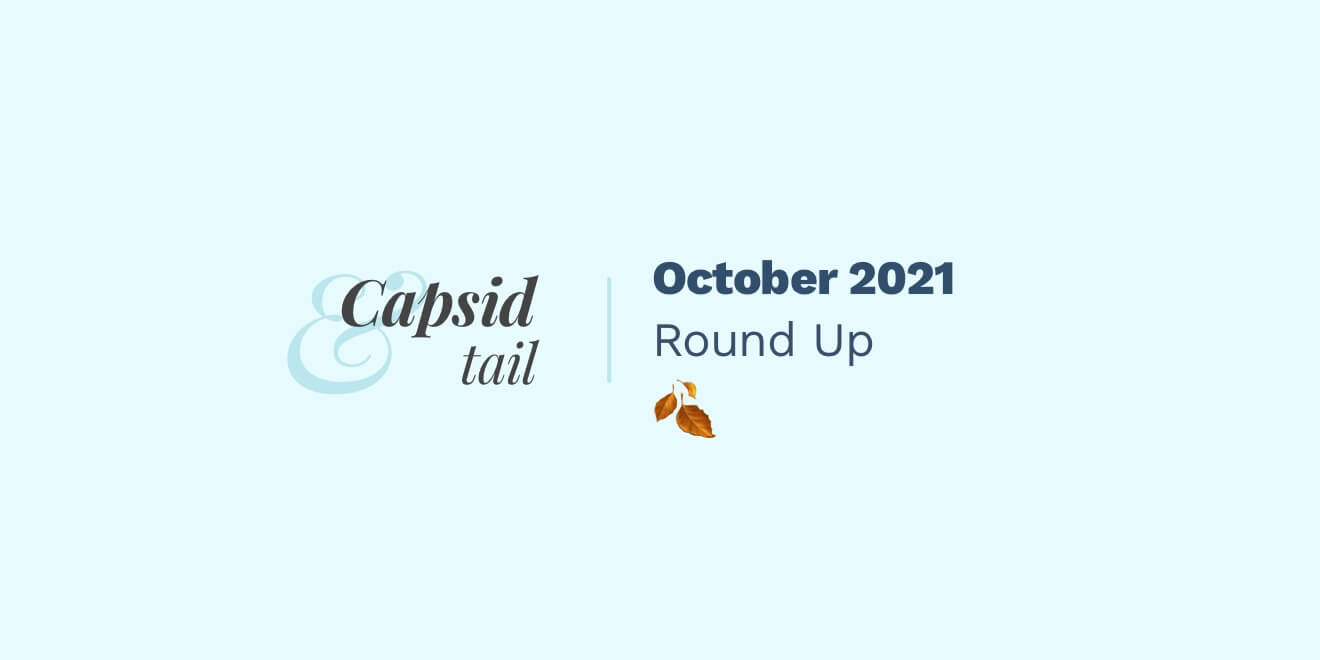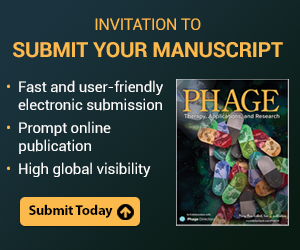TechnoPhage announces first clinical safety results with their phage cocktail, TP-102, now advancing to phase 2. TP-102 is assessed for its safety and tolerability in individuals with diabetic foot ulcers, and showed no adverse effects in the phase I/IIa clinical trial.
Adaptive Phage Therapeutics announced a strategic agreement with the Antibacterial Resistance Leadership Group to support a phase 1b/2 cystic fibrosis (CF) study. The randomized, double-blind, placebo-controlled trial will assess the safety and microbiological activity of a single dose of phage therapy in cystic fibrosis subjects colonized with Pseudomonas aeruginosa.
Victoria Turzynski (University of Duisburg-Essen, Germany) and colleagues published a new paper in Viruses showing imaging techniques for detecting prokaryotic viruses in environmental samples.
Rubén González (University of Valencia, Spain) and colleagues published a new paper in mBio showing the interplay between the host microbiome and pathogenic viral infections.
WIsH predicts the hosts of phages from their genomic sequences. It achieves 63% mean accuracy when predicting the host genus among 20 genera for 3 kbp-long phage contigs. WisH is also fast and accurate on phage sequences of a few kbp, making it suited for metagenomics studies.







